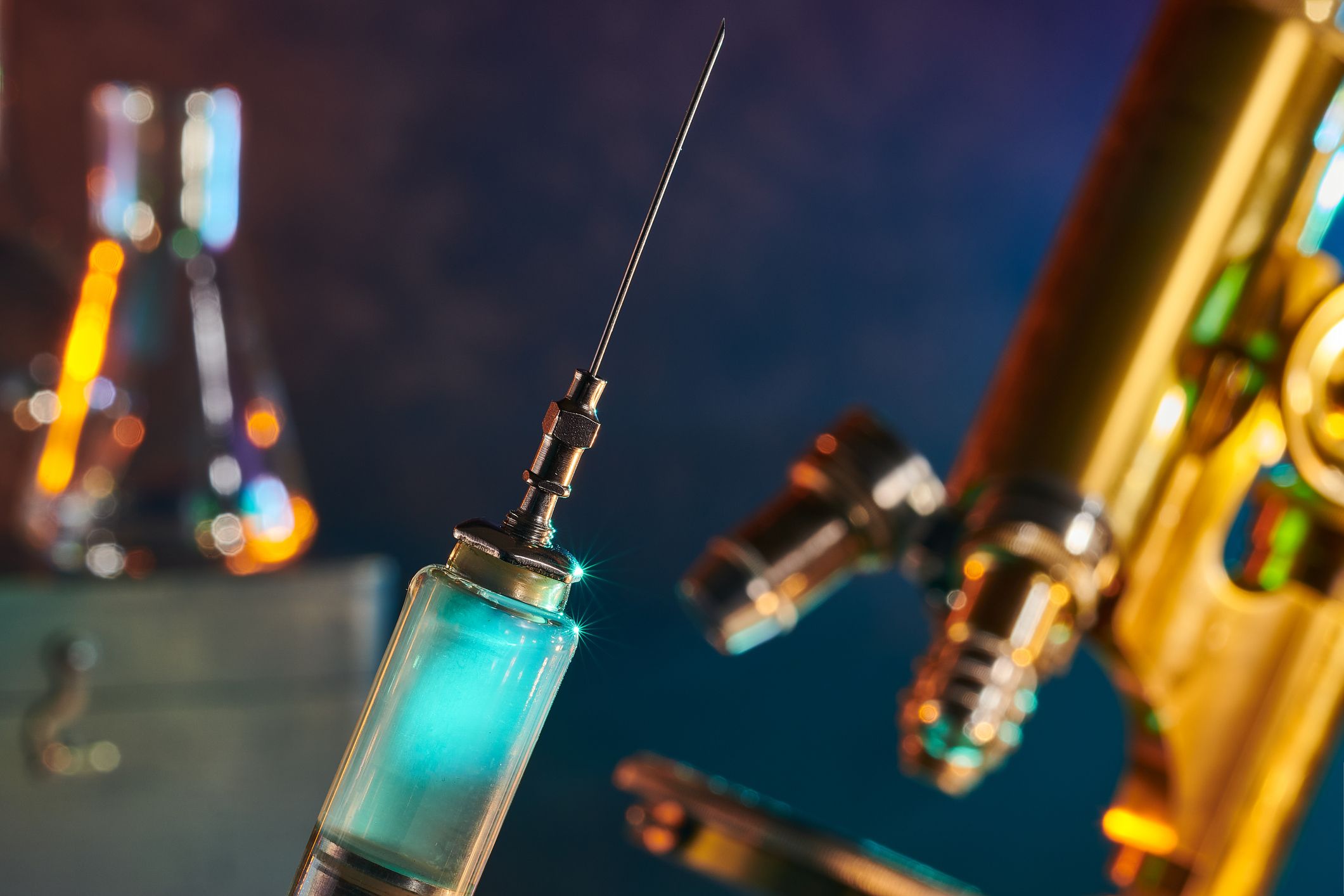The Next Acetaminophen Tablet You Take Could Be Made From PET
The Next Acetaminophen Tablet You Take Could Be Made From PET
Imagine a future where the acetaminophen tablet you take for a headache is not only effective in relieving your pain but also environmentally friendly. This could soon become a reality as researchers are looking into alternative ways to produce pharmaceuticals using recycled materials like PET.
PET, which stands for polyethylene terephthalate, is a type of plastic commonly used in food and beverage packaging. However, it can also be repurposed for other applications, such as drug delivery systems. By converting PET into a biocompatible material, scientists are exploring the possibility of creating acetaminophen tablets that are both sustainable and safe for human consumption.
Not only would this innovation reduce the reliance on traditional manufacturing methods that consume vast amounts of resources, but it would also help address the growing issue of plastic pollution. By repurposing PET bottles into pharmaceutical containers, the entire supply chain could become more eco-friendly.
Furthermore, using PET in the production of acetaminophen tablets could also lead to cost savings for pharmaceutical companies. Since PET is a widely available and inexpensive material, it could potentially lower production costs and make medications more affordable for consumers.
Of course, there are still challenges to overcome in developing this new technology, such as ensuring the safety and efficacy of PET-based pharmaceuticals. However, the potential benefits of this innovation make it a promising avenue for future research and development in the pharmaceutical industry.
As consumers become more conscious of their environmental impact, the demand for sustainable products is on the rise. By creating acetaminophen tablets from PET, pharmaceutical companies can demonstrate their commitment to sustainability and appeal to environmentally conscious consumers.
In conclusion, the next acetaminophen tablet you take could indeed be made from PET, paving the way for a more sustainable and environmentally friendly future in the pharmaceutical industry.


